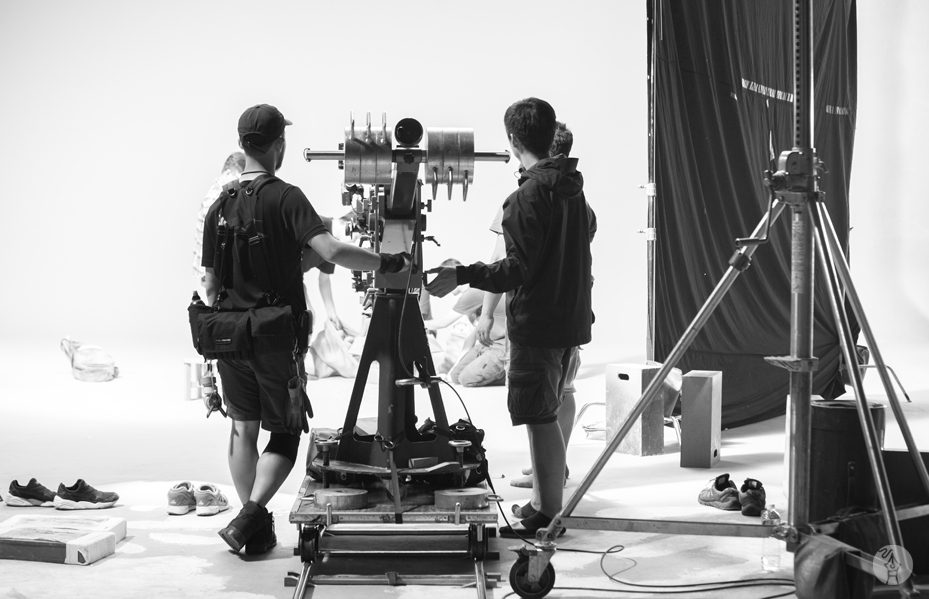“Your First Month is Free”: 3 Ways Small Businesses Can Use the Endowment Effect
PUBLISHED: April 22, 2019



You consider it for a moment. You tell yourself, it’s only a test drive. You’re not committing to it. “Sure,” you say. “Let’s do it.”
On the outside, the salesman is cool as a cucumber. “No harm in a test drive!” But on the inside, he’s all smiles. Why? Because he understands the Endowment Effect.
You adjust the mirrors. Reposition the seat. Switch on the radio. As you pull out of the dealership, the vehicle is new and unfamiliar. Five minutes later, you’ve convinced yourself that you’re the rightful owner of this brand new sports car.
The Endowment Effect is a psychological phenomenon that explains why we place more value on items we own than on items we don’t. It’s why you think your hand-carved wooden rocking chair is worth at least $250, but the best offer you can get is a measly sixty bucks. You own it. Therefore you value it more generously than those who do not.
Marketing firms use the Endowment Effect to give consumers a sense of ownership. A month of free articles online. Three months of free music. No annual fee for the first year. Once you hit “Subscribe,” you own that newspaper, that streaming platform, that credit card. And when the price increases down the road, you’ll be that much more likely to pay to retain that service.
So how do small businesses take advantage of the Endowment Effect?
- The Try It On Effect. Any opportunity to allow customers to “try it on” is an improved chance to earn their business. It’s why children can more easily part ways with a toy strapped into a box than one that’s available to hold, play with, and lug around the store.
- The Free to Join Effect. If consumers can join a membership club without even purchasing an item, then they’re already partly invested in your business. So encourage potential customers to become a member or create an account. After all, “it’s free to join.”
- The Weigh In Effect. For several years now, Lay’s “Do Us a Flavor” contest has invited the general public to pitch ideas for the most out-there potato chip flavors and vote on the top contenders. Even by asking consumers to pitch their wildest creations, the Endowment Effect was already in play: Anyone who participated had a stake in the final outcome. On a small business scale, this translates to popular gimmicks like taste tests, naming contests, and social media polls. Invite consumers to be a part of what’s next, and they’ll be more likely to purchase the final product.
Test-driving a car is by no means a commitment—but it can alter the way you perceive the car and behave as a consumer. Similarly, look for opportunities to give your consumers a sense of ownership (even if it’s 50% off their first pedicure), and hopefully, it’ll change the way they perceive your business.
### Article originally published in Community News.
About Brand Poets Founded by Tana M. Llinas, Brand Poets is a collective of strategists, visual storytellers, and digital artisans crafting smart, poignant campaigns that command attention.



